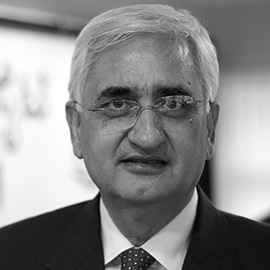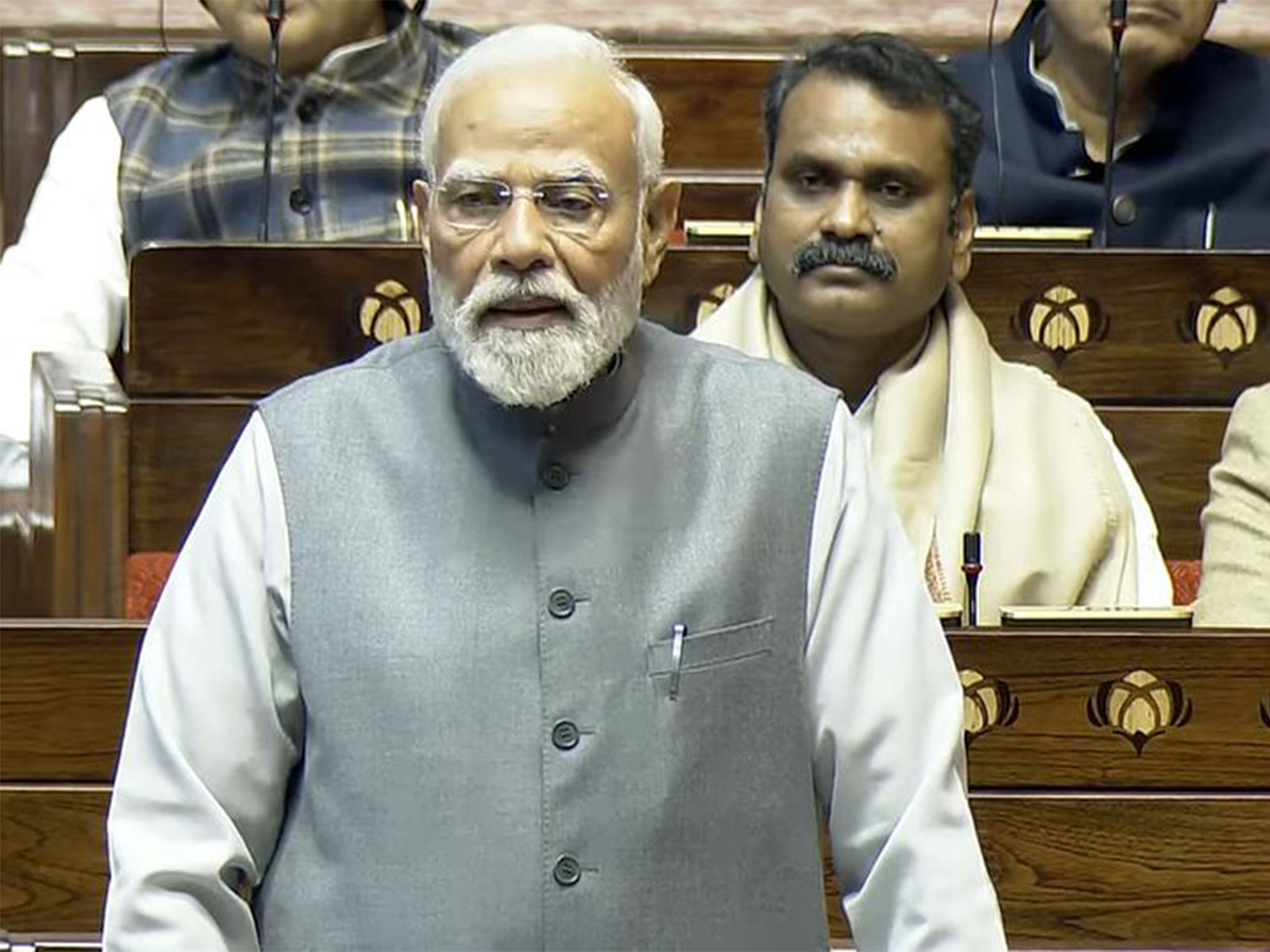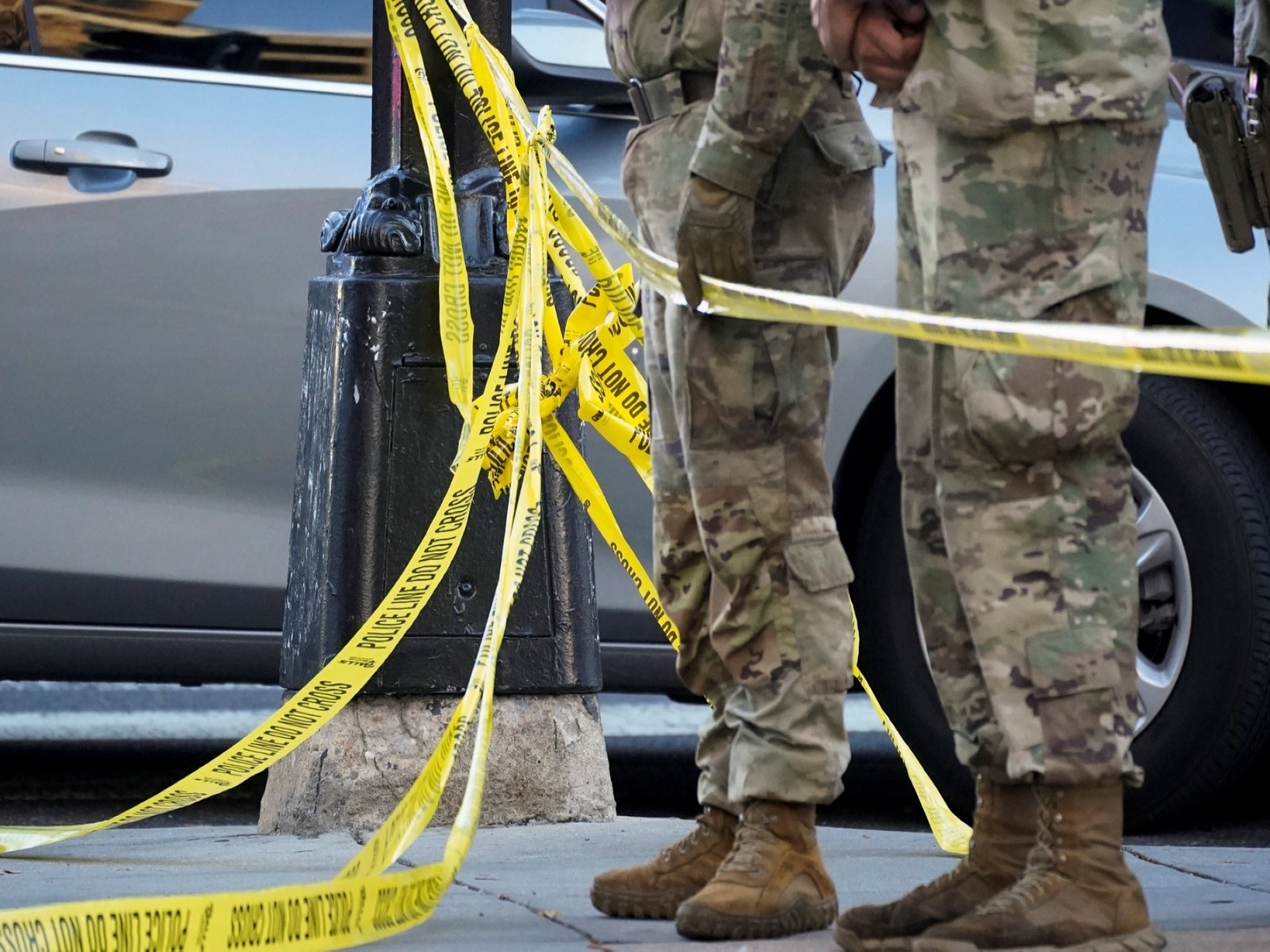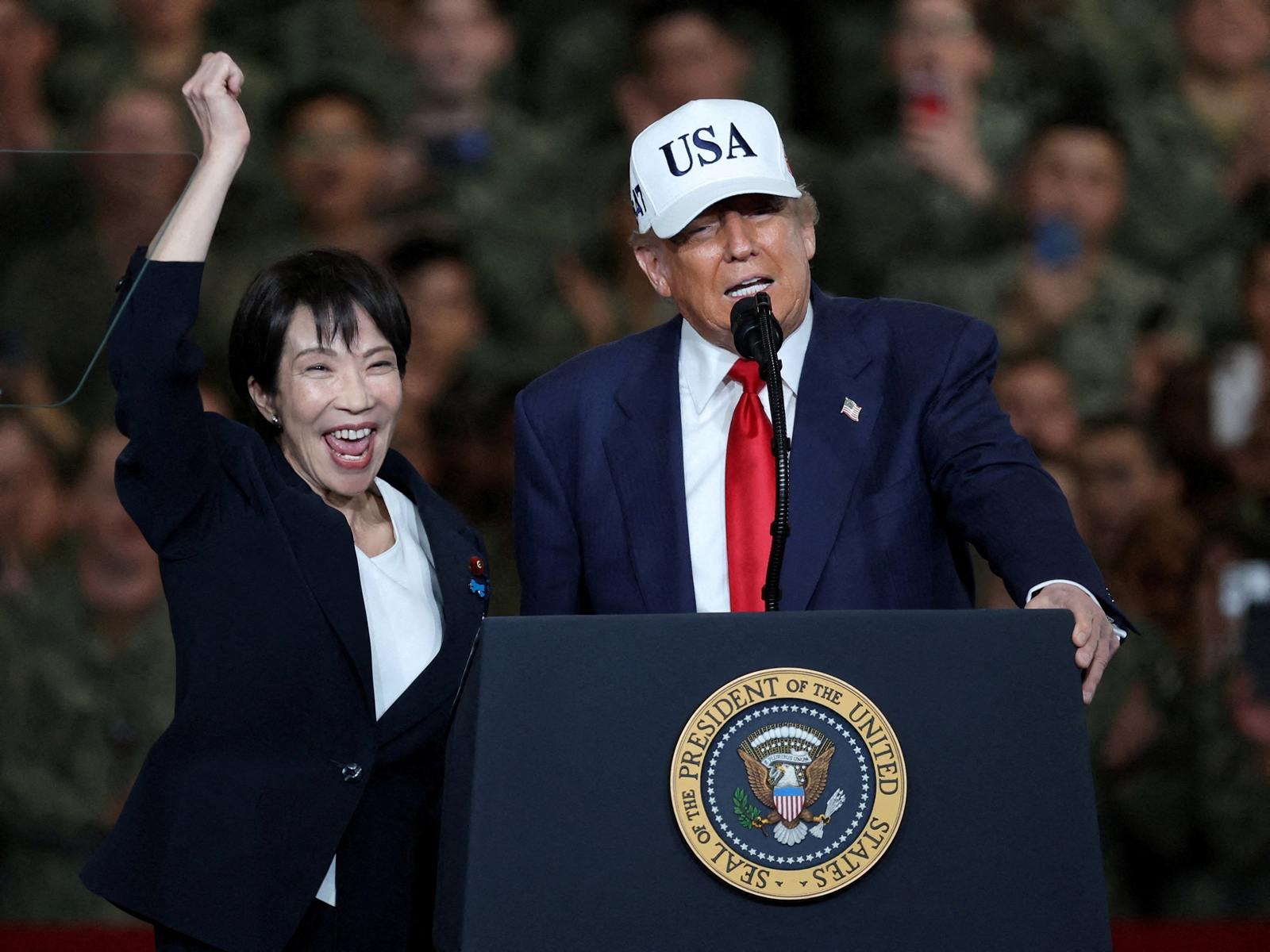Why the Modi-Sharif talks was just premature wine in old bottles

The meeting
- Indian PM Modi and Pak PM Sharif met in Ufa, Russia, for an hour last week
- Post this, the foreign secretaries announced a slew of joint steps
- The reactions have been mixed: some experts say there\'s nothing new, others called it a breakthrough
The viewpoint
- Former external affairs minister Salman Khurshid criticises the hype around the meeting.
- Says the present govt is following in the UPA\'s footsteps.
- Feels the PM has diluted his stance that terror and talks can\'t go together.
- Believes politicians need to broker peace, not military or police approaches.
The turnabout has already kicked in: two days after Pakistan Prime Minister Nawaz Sharif gave a commitment to exchange voice samples of Zakir-ur-Rehman Lakhvi, accused by India to be the mastermind behind 26/11, Pakistan has already gone back on its word.
It will not be sharing voice samples.
This douses the talk of a 'major breakthrough' in Russia with a cold shower.
In the normal course, a meeting between the Prime Ministers of India and Pakistan on the sidelines of a multilateral gathering is no earth-shaking event.
On the contrary, if such a meeting were not to take place, it would make news and led to much speculation.
The problem is that the hype that every event related to the present government is associated with makes it difficult for the lay person to sift the grain from the chaff.
At the same time, many commentators who backed the government find it awkward to publicly admit to their misplaced generosity.
Yet signs of cynicism are beginning to manifest themselves, at least in the leading electronic media. 'Flip-flop' and 'what's new?' are being heard more frequently.
A clean break from history
The ideological or, might one suggest, pathological problem the PM had with the Congress and its leadership virtually forces him to give the impression that 2014 was the end of history, as it were, and a fresh beginning.
History is not for reading, it is only for making.
Given that approach, it becomes easy to ignore what the BJP said in the past, each time there was even a remote possibility of a meeting between the two Prime Ministers, and convenient to neglect the contribution of the successive Congress governments, including when the BJP leadership like Atal ji was intrinsically involved in a cooperative spirit.
I had the privilege to be involved at one such moment at the Human Rights Commission in Geneva during Shri Narsimha Rao's time as PM.
If India gets to join the SCO today, it is because of the relentless pursuit of full membership over the past few years, with the constant support of the Russian Federation.
Would it be too much to expect that a word might be said to appreciate the efforts of the UPA and Russia?
What Congress did was bad, what Modi does is good
Anyhow the big 'breakthrough', we are told, was the hour-long meeting of the Prime Ministers, followed by a joint statement that includes steps to be taken soon.
How has the eventful hour changed over six decades of intransigence and hostility? Had something happened before the meet?
The recent terrorist attacks in the valley and the continuing fatalities on the border (with one sad such incident barely hours before the meeting) do not give cause to believe there has been a change of heart across the border.
The joint press conference of the foreign secretaries did not disclose anything beyond what we have heard many times before. Except that then, it was 'supine submission' and now it is an 'achievement' worthy of celebration.
We rejected the thesis of 'good terrorist' and 'bad terrorist', but we seem to have created a new thesis of 'what Congress did was bad, what Modi does is good', even if the latter merely follows in the footsteps of the former.
We are told the NSAs will meet to discuss all forms of terrorism, as though our problem with Pakistan has been its ability to hide behind alibis.
We will discuss all outstanding issues, as though Pakistan is conceding something it was reluctant to admit in the past.
Our PM will travel to Pakistan in 2016 for the SAARC summit, as though it helps us rather than Pakistan!
It is always difficult to be critical of the government on foreign policy when the PM is abroad.
As responsible patriots, we cannot be seen undermining our leadership in front of the neighbours. But is that not what the BJP had done when we were in government?
The blood curdling propositions of revenge and taunts of surrender are not easy to forget. If we heard them, so must have Pakistan. So does that mean Pakistan has decided to cut its losses, lest the heaving chest and threatening voice take it to task?
The 26/11 trial will proceed expeditiously, we are reassured, but there's no word on Zaki-ur-Rehman Lakhvi.
We are fighting terrorism jointly, but aren't sure if our PM thought it proper to ask how Dawood Ibrahim was doing.
India and Pak are fighting terrorism jointly, but we aren't sure if our PM asked how Dawood Ibrahim was doing
We had shown great indignation on the inhuman treatment of martyr Lt. Saurabh Kalia, but was it inconvenient truth that did not fit into the present script?
It would be interesting to read what the Pakistani press, briefed by the Pak Foreign Office, puts out as the takeaway of the meeting. The last time the two PMs met was during the oath-taking ceremony of India's new council of ministers.
The usual bonhomie and cordiality that the official releases underscored was far from the impression that various people got in Pakistan.
Since then, if the defence ministers of the two countries are to be believed, we are poised for nuclear war. "Love in the time of nuclear war" might well be the theme of a Bollywood movie!
Political expediency
I am not sure how much the PM talks to his Cabinet colleagues but, going by their pronouncements, he either wants them to say the things they do, or they simply make the best guess and hold fort.
But one thing is certain - that he does not talk to the Opposition, unlike many of his predecessors, particularly Dr Manmohan Singh.
As much as we believe the country should speak with one voice in strategic matters, it will be difficult if we do not know what the PM intends to do or has done.
Terror and talks cannot go together was the PM's theme.
It is fair to assume that he has not changed the principled position, but also that he is happy to lace his principles with a dose of pragmatism (read political expediency). We can live with that because we have seen BJP do that repeatedly.
But what is worrying is the naive assumptions about Pakistan's intentions, as indeed compulsions.
It has lost some advantage of late, as the American establishment has recalibrated its approach to the subcontinent, but retains some trump cards because of the situation in Afghanistan, if not beyond.
Furthermore, China remains Pakistan's all-weather friend, an indication that it has explicitly given to PM Modi, lest he miscalculates because of its friendly gestures towards India.
Pakistan and China are difficult propositions and everything there will not always be what it seems.
For Shri Modi, in the region and in the world, there will be no May 2014 moment in a hurry. Once this is understood, and the desire to show quick-fixes is controlled, there may be some gain.
Politicians must seal dialogue
So the bottom line inevitably is: should we not talk to Pakistan? I would imagine only the extremely myopic persons would say that. The issue is when, how and about what?
But first we need to understand the interlocutor: who is calling the shots in Pakistan? And if that does not suit our purpose, what can we do change that situation, albeit, not entirely? How can we influence conditions that would persuade Pakistan to be earnest in the dialogue?
Our military, economic and political strength will be an important factor, but not necessarily by tom-tomming our established superiority.
Finally, it is understandable that all that has been exchanged between the PMs has not been shared with the media. But the deeds of Pakistan will surely reflect the words that were exchanged or make a mockery of the event.
Hopefully, the government will have a back-up plan that is more sophisticated than the defence minister's reminder that the nuclear button is not out of reach.
Diplomacy is, after all, a little more complex than the slug-fest each evening on the TV channels, the former addressing matters of life and death, whilst the latter is only about TRPs.
The Indo-Pak dialogue must ultimately be a political dialogue that politicians must seal.
Military and police approaches might have their critical inputs, particularly on the other side, but the decisions that will change the course of history and make peace paramount will be of politicians who can then become true statespersons. Our times need statespersons.
First published: 13 July 2015, 12:50 IST






![BJP's Kapil Mishra recreates Shankar Mahadevan’s ‘Breathless’ song to highlight Delhi pollution [WATCH] BJP's Kapil Mishra recreates Shankar Mahadevan’s ‘Breathless’ song to highlight Delhi pollution [WATCH]](https://images.catchnews.com/upload/2022/11/03/kapil-mishra_240884_300x172.png)

![Anupam Kher shares pictures of his toned body on 67th birthday [MUST SEE] Anupam Kher shares pictures of his toned body on 67th birthday [MUST SEE]](https://images.catchnews.com/upload/2022/03/07/Anupam_kher_231145_300x172.jpg)






